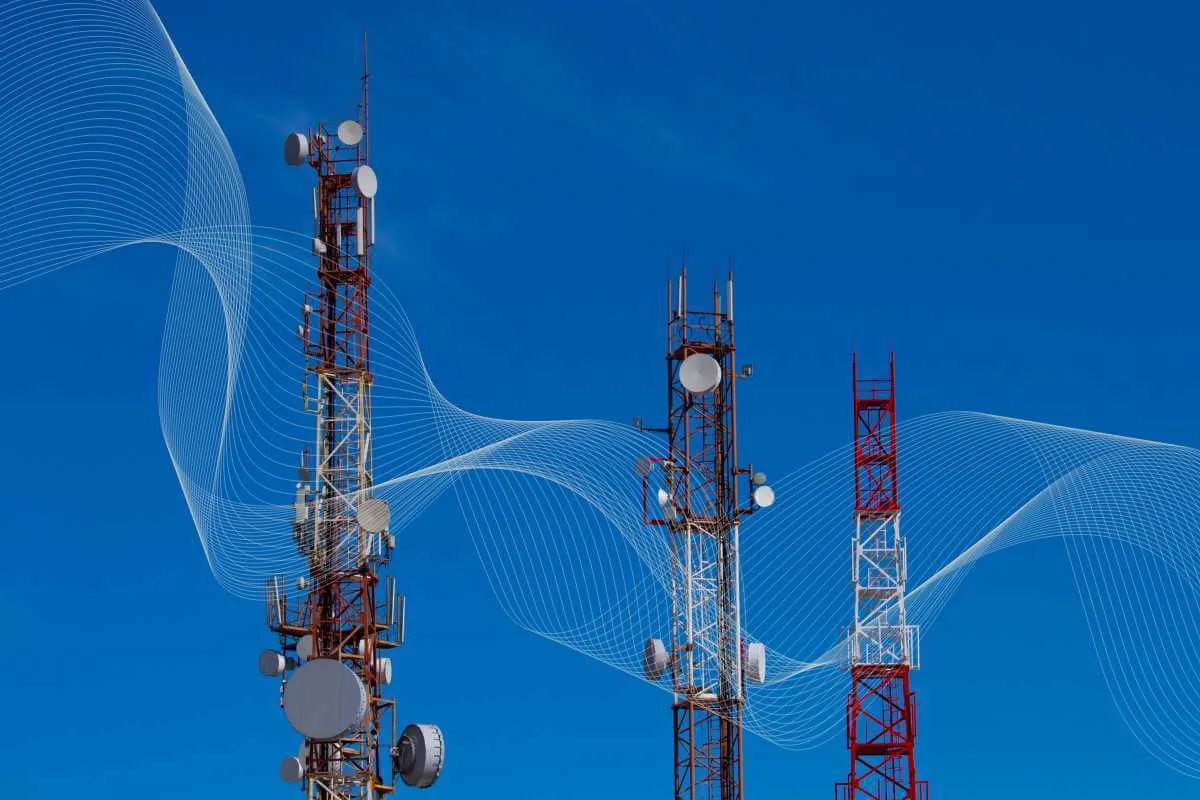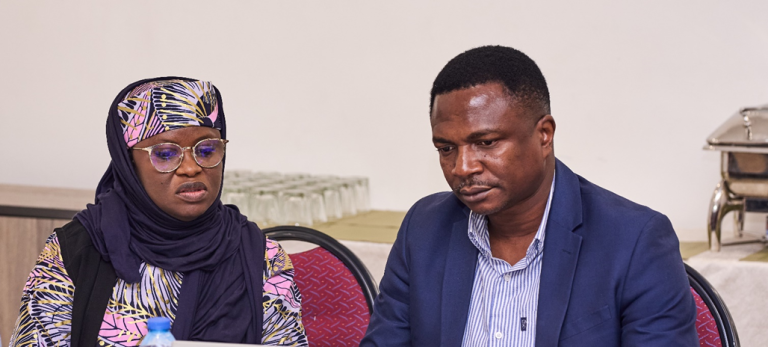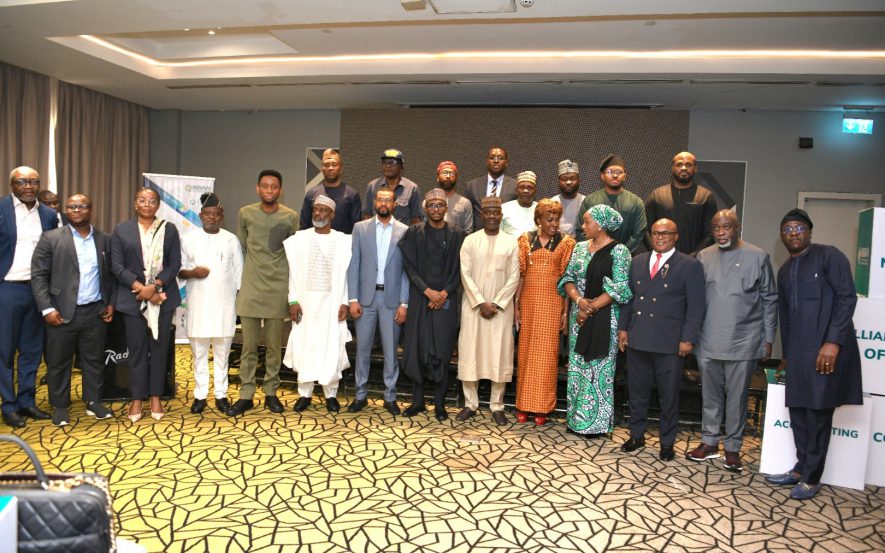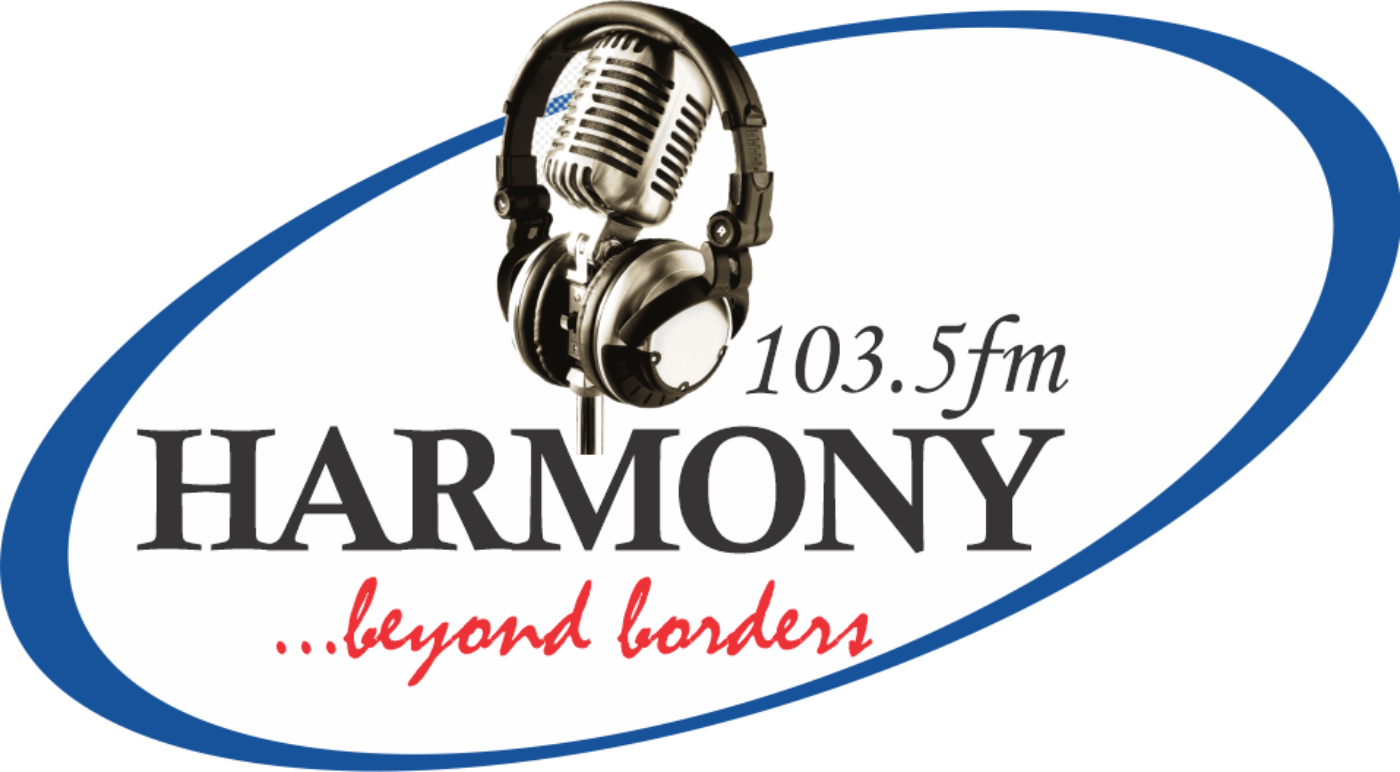
After Radio Nigeria’s story on exorbitant Right of Way RoW charges in January 2025, three additional states in the country have totally waved the charges.
This, according to the Nigerian Communications Commission (NCC), brings the number of states with zero RoW charges to ten from the seven reflected in the previous report.
The new states are Enugu, Kaduna, and Niger.
“High RoW charges constitute a major barrier to expanding telecommunications networks in Nigeria, thereby hindering efforts to actualize milestones set in the Nigeria National Broadband Plan (NNBP) 2020-2025,” Hauwa Wakili, the Head, Digital Skills and Services, Nigeria Communications Commission, (NCC), affirmed.
According to her, expensive RoW fees significantly increase the cost of laying down fiber optic cables and other essential infrastructure, thereby discouraging telecom operators from investing and reducing the pace of deployment, especially in underserved and unserved regions of the country.
“Digital identification systems, payment systems, and seamless data exchanges are based on the availability of extensive network infrastructure. Excessive RoW fees can cause avoidable delays in deploying necessary network coverage, impacting the speed and efficiency of identity verification processes, slowing down the adoption of cashless payment systems in underserved areas, and slower data transfer rates and reduced accessibility to digital services,” she said.

Left: Hauwa Wakili, NCC’s Head, Digital Skills and Services during a DPI Fellowship Training in Abuja in 2024.
Zero or reduced RoW fees boosts broadband penetration by lowering cost of deployment making it cheaper for providers to lay fiber cables or install other infrastructure. This makes rural and underserved areas more financially viable to reach.
Also, simplified or zero-cost RoW often comes with faster permit approvals as bureaucratic delays are removed enabling telecom companies to expand coverage more quickly. Reduced capital costs attract more investors and telecom providers. It creates a more competitive broadband market, which improves service quality and lowers prices.
In Nigeria, zero or N145 per linear meter charge are considered critical to achieving the country’s National Broadband Plan targets.

National Broadband Alliance for Nigeria (NBAN)
Reacting to the recent development, NCC’s Head, Digital Skills and Services, explained that Kaduna actually pegged its RoW at zero since (2021) but was not appropriately captured and was not engaged in the World Bank SABER Program.
“Enugu State, through an executive order and legislation, has taken its RoW to zero. This process was concluded in the first half of the year,” Wakili revealed.
According to her, Niger State had different charges for different operators with a peg at N145 per linear metre, but has progressively waived the charge altogether.
This is an outcome of various engagements between the Commission and stakeholders across the states,” Wakili explained.
She mentioned other states that have reduced their RoW charges to N145 per linear metre to include Abia, Borno, Ebonyi, Edo and Sokoto. “These states are among the sub-nationals engaging with the World Bank and Nigeria Governors’ Forum (NGF) on the SABER Project. The exercise has allowed them to not only reduce the amount charged but has enabled them to align and perfect their RoW charge regulations”.
Radio Nigeria gathered that there are ongoing discussions with the NGF, World Bank and other states to either have the RoW charges reduced to N145 per linear metre or for outright waiver.
“While NCC’s primary engagement/target is to have states waive completely, the criteria for states to benefit from the World Bank SABER project is reducing to the NEC recommended N145 per linear metre,” NCC’s Head, Digital Skills and Services, explained.
While ten states have zero RoW charge, and eighteen have theirs pegged at N145 per linear metre, nine other states (including the FCT) still charge above recommended N145 per linear meter.
They are Bayelsa – N850, Lagos – 850, FCT Abuja – 950, Osun – 1500 and Akwa Ibom – 2000. Others include: Rivers – 2256, Delta – 2,706, Kano – 2,754 while Ogun charges highest at 6,600.
According to Wakili, progress so far recorded is a manifestation of the growing commitment of NCC to improving broadband penetration across the country.
“The Commission has been involved in various stakeholder engagements to drive Right of Way charges in states to zero. This is done via several means including direct conversations with the state government and its officials.
Regional bodies also provide a promising avenue to engage the states and help them with peer review. “There is a Business Roundtable planned with the NGF to engage the states on Fibre Investment and safeguarding of the Critical National Information Infrastructure (CNII),” Wakili disclosed.
She mentioned other NCC initiatives such as the Ease of Doing Business Portal and the Nigeria Digital Connectivity Index, which are expected to be launched soon.
“While the portal intention is to serve as centralized platform for facilitating seamless, transparent, and data-driven deployment of digital infrastructure across Nigeria’s 36 states and the Federal Capital Territory (FCT), the NDCI is a strategic framework to assess the broadband readiness of Nigerian states and their digital competitiveness,” Wakili disclosed.
Reducing RoW charges to 145 per linear meter or outright removal enable any state in the country the opportunity to benefit from the world Bank intervention – State Action on Business Enabling Reforms (SABER) Program for Nigeria.
SABER is among others designed to enhance the efficiency of land administration, the regulatory framework for private investment in fiber optic infrastructure, services provided by investment promotion agencies and public-private partnership units, and the efficiency and transparency of government-to-business services in participating states.
By Alfred Ajayi

